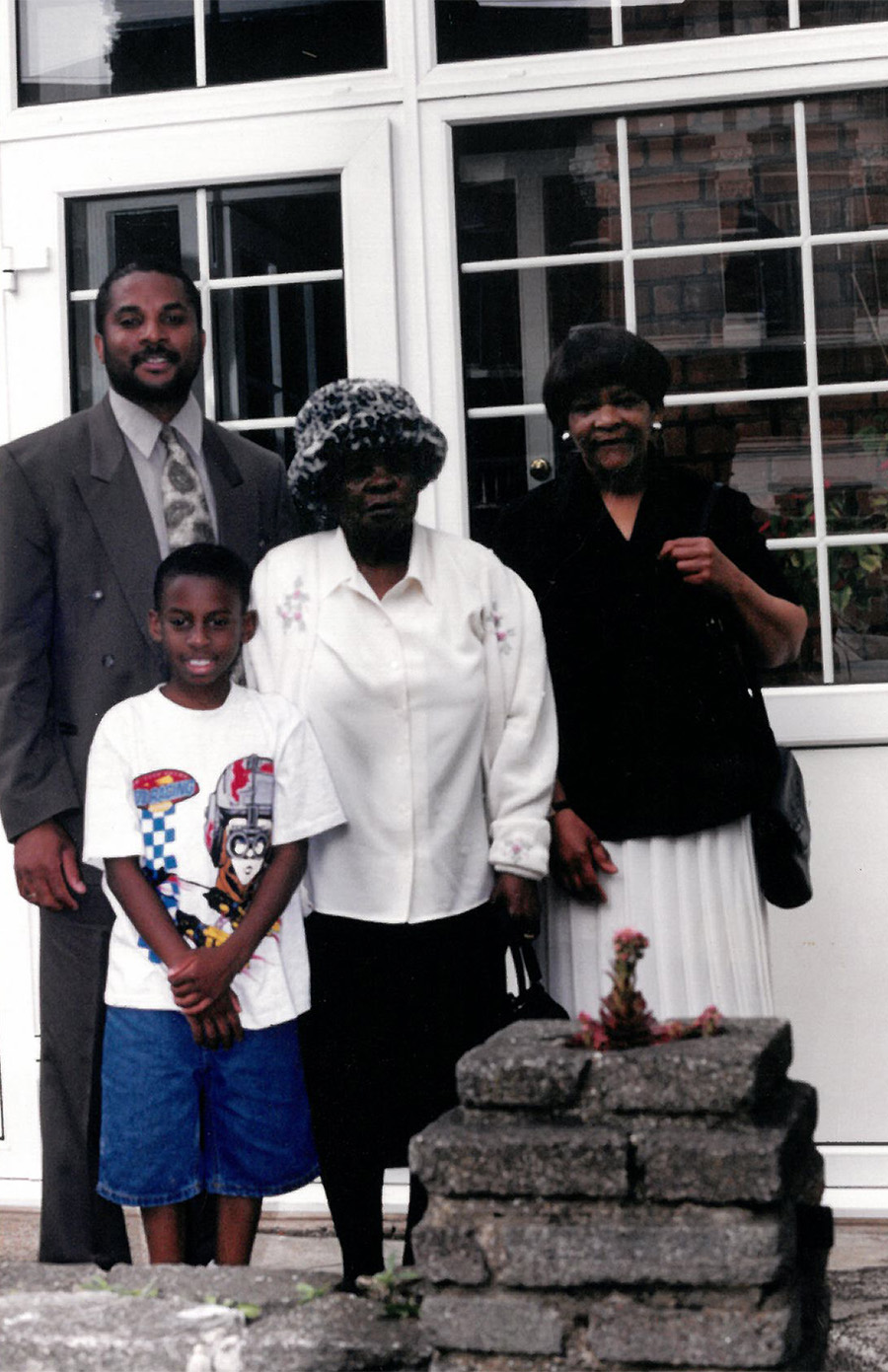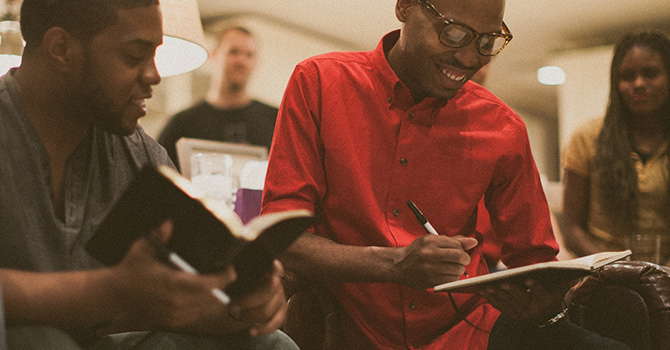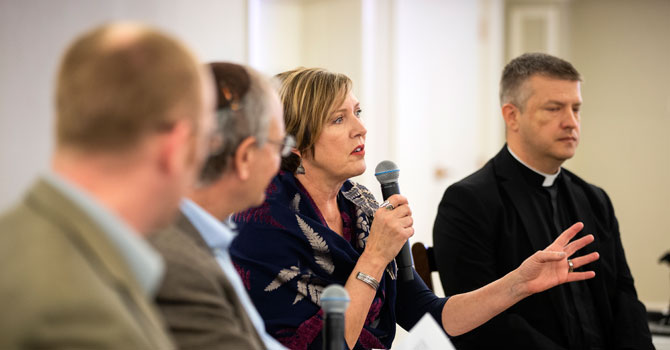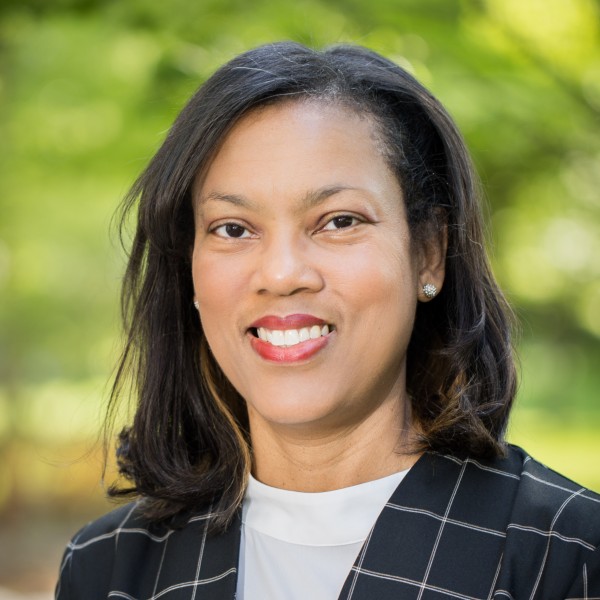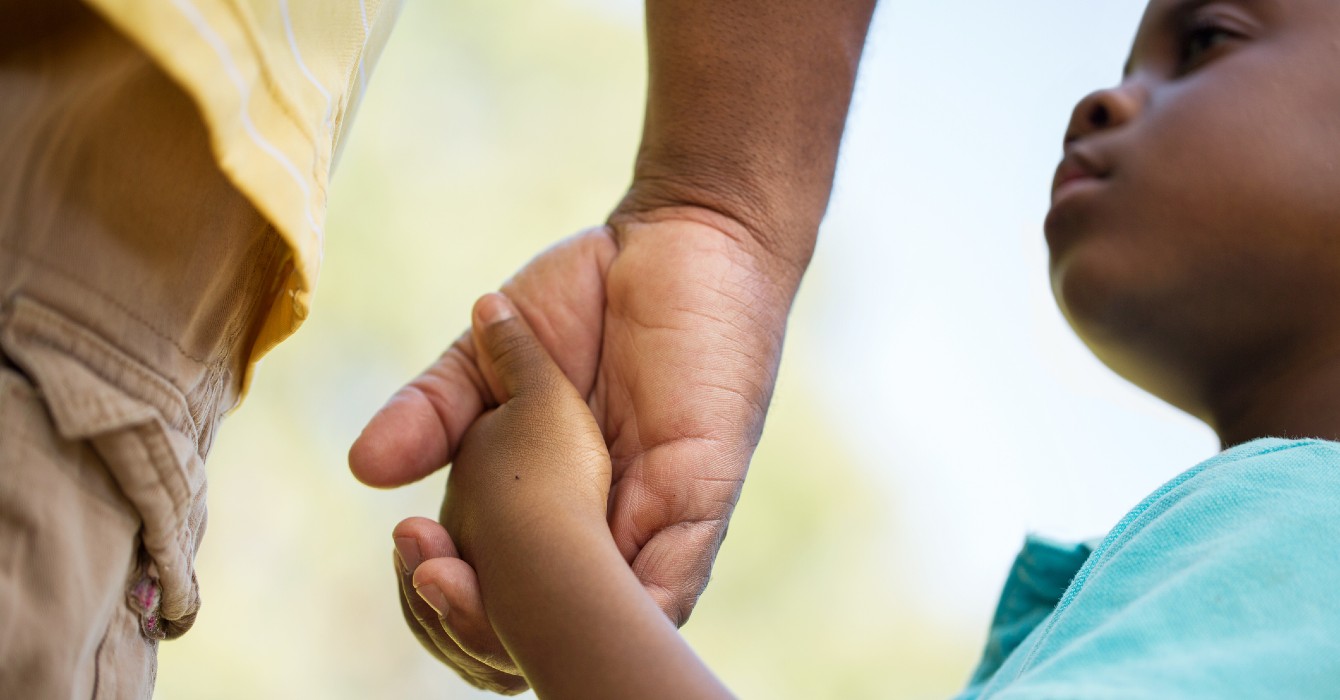I sit in a plastic chair next to my mother, Frances, on the front porch of Margetson Memorial Home.
She wears a multicolored dress and green bedroom slippers. I’m a tourist on the island of Montserrat, where I grew up. My T-shirt and khaki shorts allow the sun to warm my arms and legs. As we sit in silence, proximity offers an unfamiliar intimacy between us.
Instinctively, I reach out and hold her left hand. I grasp it the way I’d hold my wife’s hand when we sit on the couch at home in Florida watching TV or my granddaughter’s hand as I lead her into the kitchen to make her a bottle of juice. My mother’s hand is soft, supple like a young child’s.
At first, she’s self-conscious, almost embarrassed by my public display of affection.
“My hands are dirty,” she says, as if looking for an excuse for me to let go. “I must wash my hands.”
Specks of orange, the remnants of a ripe papaya, cling to her fingers. I ignore her objections. Those are the words of a woman who has forgotten what it means to be tenderly touched rather than handled. She’s in her mid-80s. Although her gait has slowed, her memory is sharp, her mind a vault of family history.
Shared moments between my mother and me are rare. Rarer still are such public displays of affection. I’m in my early 60s. I have no memory of my mother holding my hand. The last time we shared a home was more than six decades ago.
Canadian novelist Robertson Davies wrote, “The hand speaks to the brain as surely as the brain speaks to the hand.” My hands tell my brain and my heart that I love my mother even though I have never consciously possessed that tenderness toward her. Love is a learned emotion, and I have no reservoir of time or of memories of her.
It is March 2023. Six months earlier, I had returned to my island hometown to bury my father’s mother, who had lived to see her 101st birthday. After the funeral, I had promised to come home more often. I wouldn’t wait for funerals or weddings.
I come now to see my mother, who moved back to Montserrat in 2005. My two grandmothers, who had held my maternal affection, are gone. This is my belated effort to embrace my mother.
She sailed to England in 1960 aboard one of the Grimaldi Line passenger ships that transported thousands of West Indian migrants to England after the end of World War II. Black and brown colonials were recruited to work in hospitals, drive London buses and trains and sew in garment factories. The people who took part in the mass migration became known as the Windrush generation, named for the ship HMT Empire Windrush. An apprentice seamstress, my mother left behind a 15-month-old daughter to seek her fortune.
I was born in Hackney, north London, less than two years after my mother disembarked in England. She was single. My father, a distant cousin and fellow Montserrat immigrant, lived nearby with his pregnant wife and three young children.
On Jan. 3, 1963, shortly after I celebrated my first and only birthday with her, my mother handed me over to my paternal grandparents, who were returning to the islands. She was acting on instructions from her own mother, who offered to raise me and my half-sister together.
Did my mother linger at the door? Or did she just turn and walk away so her visitors would not see her tears? After she surrendered me, her home must have felt winter’s lonely chill. I cannot fathom the depths of her despair when each night she returned home to a cold London flat, missing the patter of little feet. I was forever denied the delight of strolling London’s streets with her.
But even as I calculate my losses, I must acknowledge hers. I do the math. My mother left behind a 15-month-old daughter when she emigrated. Three years later, I left London as a 12-month-old. My mother spent a mere 27 months caring for my sister and me; she endured motherhood in absentia. No one deserves such a life sentence. Yet my mother served hers without complaint.
This is also my belated admission that my mother’s choice of surrendering the children she loved so they could have a better life worked out well. In losing my sister and me, she helped us find lives that would have been unthinkable on north London’s tough streets. Knowing that makes it easier for me to give her grace. By holding my mother’s hand, I am expressing feelings I have no words to convey.
And I love holding hands. Intertwining fingers with a girl’s was my first public display of affection. Holding hands transmits energy like an electric current through my body. It is not sexual but warm and comforting. It makes me feel loved and secure.
According to University of Virginia psychology professor James Coan, who has taught a course called “Why We Hold Hands,” when we make this gesture, there are many things going on in our brains.
But a “common denominator — that felt sense of security — is detectable at the level of brain activity, where we see neural circuits associated with vigilance for potential threats become a lot less active,” Coan said in an interview published in the UVA Daily Report newsletter.
This found knowledge is exhilarating. I am reaching for my mother’s hand as a belated embrace of her, her life, her choices. In doing so, I am saying I am not resentful about her decision to allow others to raise me as their own.
As we sit at the nursing home, I hear bleating sheep and the incessant sound of the wind, blowing through the trees like someone shaking plastic shopping bags.
A dove walks up the ramp to the porch a few feet away from where we sit. It wears its brown feathers like a sports coat with a plaid-colored tail. It enters assuredly, unafraid. It knows that the home’s frail inhabitants will do it no harm.
The world around me brings our lives into sharp focus. It is now 60 years since the separation that created the chasm between my mother and me. Six decades since we shared a home and the common affection between a mother and son.
My relationship with my mother has always been marked by silence and separation, gaps in time and vast distances. International phone calls were rare and expensive. Letters connected us across the vast Atlantic.
There have been brief visits — in 1971, when she returned home with permed hair and fashionable patent leather heels; in 1995, when I traveled to London and saw a woman I barely recognized; and again in 1999, when I took my son to see her. Two years later, my mother and my grandmother visited my family in South Carolina to celebrate my graduation with a master’s degree and the birth of my daughter.
I visited Montserrat occasionally. During each visit, I would spend hours with my grandmothers. Being raised by grandparents meant not really getting to know either my father or my mother in the ways that matter. I knew them, but we lived our lives at a safe distance. While my grandmothers were alive, they filled the emotional space rightly due my mother.
Now that they’re both gone, there’s an emptiness I desperately need to fill. Holding my mother’s hand is a silent confession. Even now, I need my mother.


